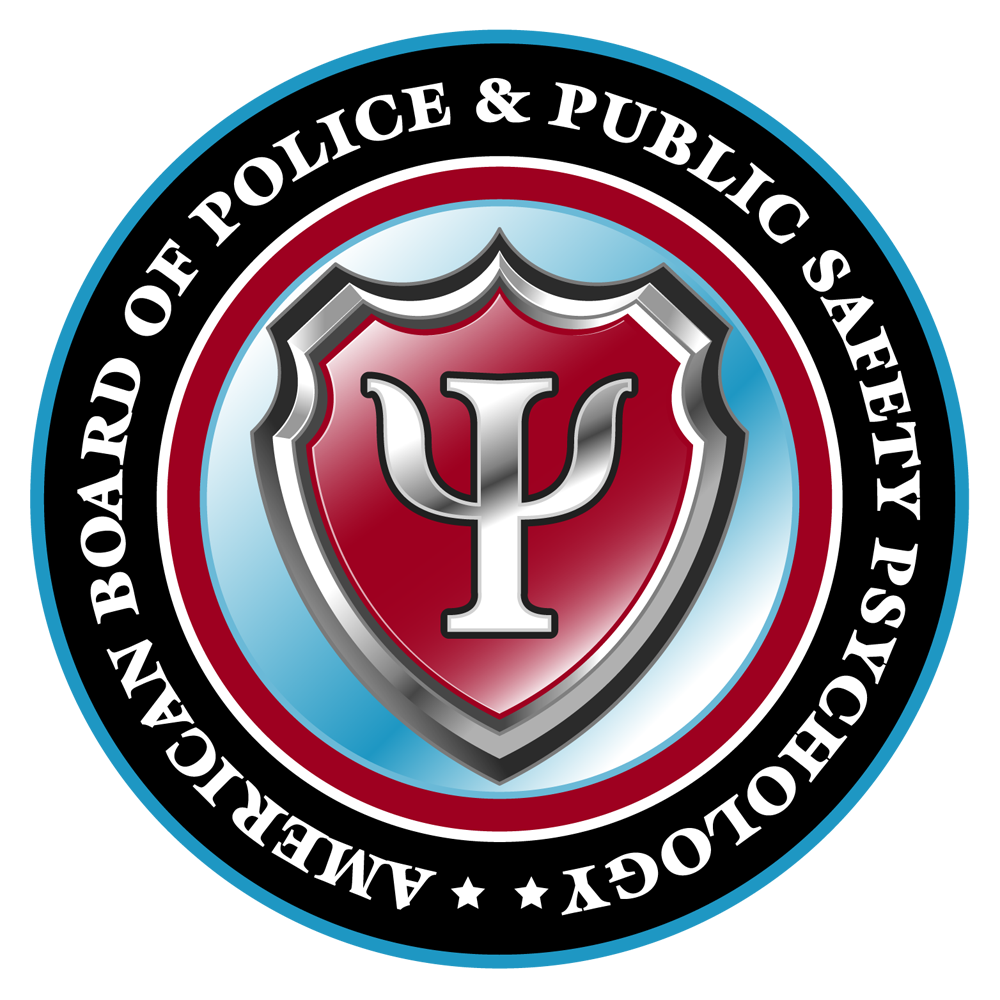10 hours | 10 CEs
This on-demand professional training program on Working with Emergency Responders: What Every Clinician Needs to Know is presented by Jaime Brower, PsyD, Rhonda Kelley, and Sgt. Michael Pitrusu, in partnership with The American Board of Police and Public Safety Psychology (ABPPSP).
Our emergency responders make up an ever-growing group of law enforcement, firefighters, dispatch, emergency medical professionals, corrections/detentions, victim advocates, and others. This group is faced with unique challenges daily that impact both their own and their family’s mental health. This program provides core knowledge for all mental health clinicians interested in, or who may be already, working with our emergency responders.
This program promotes cultural competence, provides knowledge regarding the ethical and legal concepts associated with working with these populations, defines core proficiencies and terminology, and enhances an overall understanding of how each clinician working with this population can do so effectively and competently.

Intended Audience
This on-demand professional training program is intended for mental health and other allied professionals

Experience Level
This on-demand professional training program is appropriate for beginner, intermediate, and advanced level clinicians.

CE / CPD Credit
APA, ASWB, CPA, NBCC Click here for state and other regional board approvals.
Learning Objectives
Upon completion of this program you will be able to:

Describe the unique challenges faced by emergency responders

Describe how emergency services can have impacts on both responders and their families

Describe emergency responder cultural milieu

Describe the various core proficiencies each clinician may work within, while understanding limitations of such work and when to refer

Describe several guidelines and resources for competent and proficient practice with emergency responders

Curriculum
1. Introduction and Roles
2. Characteristics Developed
3. Culture
4. Statistics
5. Clinical Aspects
Develop a Specialty Area of Practice
Transforming mental health professionals into experts
Expert Instructors
Professional training developed and delivered by the field's leading experts

CE Credit
Earn CE credit for meaningful professional training that will elevate your practice
Convenience & Flexibility
Learn at your own pace, from wherever you might be!
Program Partner
American Board of Police and Public Safety Psychology (ABPPSP)
We are proud to partner with The American Board of Police and Public Safety Psychology (ABPPSP) for this training. ABPPSP became a fully affiliated specialty board of the American Board of Professional Psychology (ABPP) on October 21, 2011. Police and Public Safety Psychology is concerned with assisting law enforcement and other public safety personnel and agencies in carrying out their missions and societal functions with optimal effectiveness, safety, health, and conformity to laws and ethics. It consists of the application of the science and profession of psychology in four primary domains of practice: assessment, clinical intervention, operational support, and organizational consultation.

CE Sponsorship Information
Palo Alto University, Continuing and Professional Studies (CONCEPT) is approved by the American Psychological Association to sponsor continuing education for psychologists. Palo Alto University, Continuing and Professional Studies (CONCEPT) maintains responsibility for this program and its content. Palo Alto University, Continuing and Professional Studies (CONCEPT) is approved by the Canadian Psychological Association to offer continuing education for psychologists. Palo Alto University, Continuing and Professional Studies (CONCEPT), SW CPE is recognized by the New York State Education Department’s State Board for Social Work as an approved provider of continuing education for licensed social workers #SW-0356 and the New York State Education Department’s State Board for Mental Health Practitioners as an approved provider of continuing education for licensed mental health counselors. #MHC-0073. Palo Alto University, Continuing and Professional Studies (CONCEPT) has been approved by NBCC as an Approved Continuing Education Provider, ACEP No. 6811. Programs that do not qualify for NBCC credit are clearly identified. CONCEPT Professional Training, #1480, is approved to offer social work continuing education by the Association of Social Work Boards (ASWB) Approved Continuing Education (ACE) program. Organizations, not individual courses, are approved as ACE providers. State and provincial regulatory boards have the final authority to determine whether an individual course may be accepted for continuing education credit. CONCEPT Professional Training maintains responsibility for this course. ACE provider approval period: 11/22/23-11/22/26. Social workers completing this course receive (clinical or social work ethics) continuing education credits.




